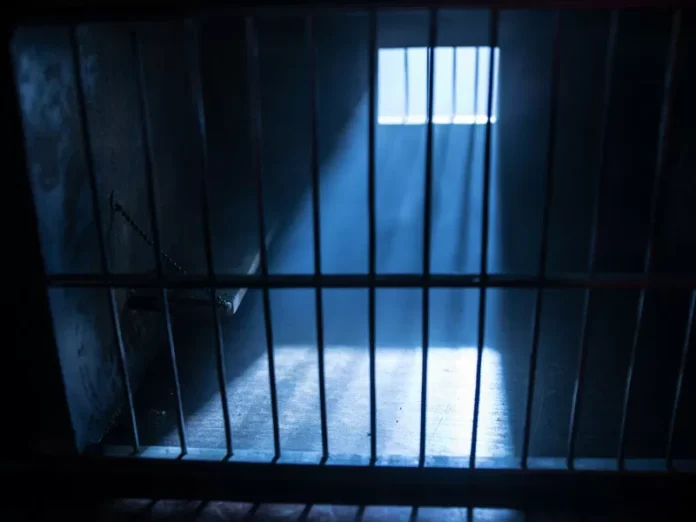On March 23, the day after the terrorist attack at Crocus City Hall in the Russian suburb, the chairman of the ruling party «United Russia» faction in the State Duma of the Russian Federation, Vladimir Vasiliev, announced the possibility of reintroducing the death penalty in the country. This was reported by the propaganda agency TASS.
The idea of bringing back the death penalty in Russia has caused a lot of controversy and debate among the public and politicians. While some support the idea, citing it as a necessary measure to combat terrorism and serious crimes, others strongly oppose it, calling it a violation of human rights and a step backwards for the country’s justice system.
The topic of the death penalty has always been a sensitive one in Russia. In 1996, the country officially abolished the death penalty and replaced it with life imprisonment. However, some crimes, such as treason and espionage, still remain punishable by death, but it has not been carried out since 1999. The last execution in Russia was in 1996, and since then, there have been calls for its complete abolition.
The recent terrorist attack at Crocus City Hall, which claimed the lives of innocent people, has reignited the discussion on capital punishment in Russia. Chairman Vasiliev’s statement has sparked both support and criticism.
Proponents of the death penalty argue that it serves as a deterrent and will help to combat heinous crimes, such as terrorism. They believe that the fear of execution will prevent individuals from committing such acts and will make society safer.
On the other hand, opponents argue that the death penalty does not effectively reduce crime rates and is a violation of the right to life. They also point out the possibility of wrongful convictions, which could lead to innocent people being put to death.
The decision to reintroduce the death penalty in Russia is one that requires careful consideration and should not be taken lightly. It is crucial to examine all aspects and potential consequences before making such a monumental decision.
One of the main concerns with the death penalty is its irreversible nature. In case of a wrongful conviction, there is no way to undo the execution. This could lead to innocent lives being lost and a gross miscarriage of justice.
Moreover, the use of the death penalty is often influenced by political factors and can be used as a tool to silence political opponents. This raises serious questions about the fairness of the justice system and the potential for abuse of power.
It should also be noted that the death penalty goes against the trend of international human rights norms. The majority of countries in the world have already abolished the death penalty, and those that still practice it are moving towards its complete abolition.
Furthermore, there is no evidence to support the claim that the death penalty is a more effective deterrent than life imprisonment. Countries that have abolished the death penalty have not seen an increase in crime rates, and some have even seen a decrease.
In addition to the practical concerns, there are also moral and ethical issues surrounding the death penalty. Taking a person’s life, even if they have committed a heinous crime, goes against the principle of valuing human life.
In conclusion, the possibility of reintroducing the death penalty in Russia is a complex and controversial issue. It is essential to carefully consider all aspects and potential consequences before making a decision. While it may seem like a quick and easy solution, it is crucial to keep in mind the irreversible nature of the death penalty and its potential for abuse. Instead, efforts should be focused on improving the justice system and addressing the root causes of crime. The value of human life should always be prioritized, and the death penalty does not align with this principle.

